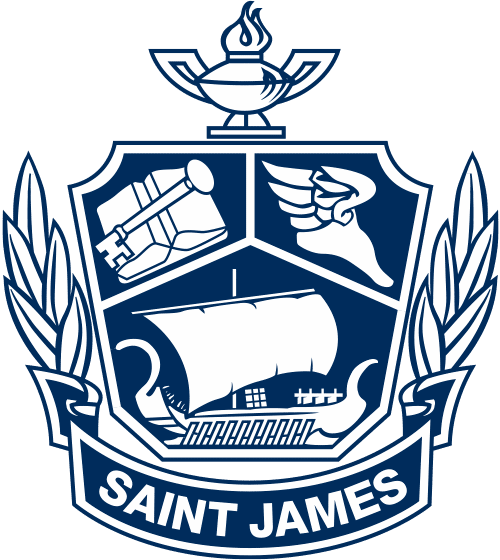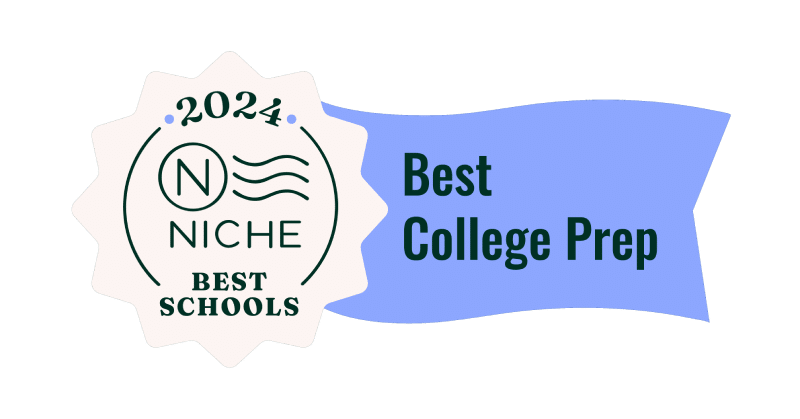Middle School Counseling
Guidance services are an important aspect of Saint James Middle School. Academic counseling, national testing programs, and individual student scheduling are top priorities. Individual and group counseling services are also available to our students.
All students new to Saint James are assigned a “buddy” in their grade to help continue to orient them to our school. For students entering at the beginning of a school year, we have a New Student / Buddy Pizza Party prior to the first day of school to allow them to meet each other, get a more detailed school tour as it relates to their schedule, and make a plan to meet each other on the first day of school. If a student enters during the school year, his or her buddy will meet them before school and between classes for several days to help the new student find his or her way around.
The counseling office provides Advisory lessons for all middle school grades twice weekly. We begin the year with sessions on study skills, then move into lessons related to character development.
Each year in November our 8th graders take the PSAT 8/9 national test and in January, the CTP-4 (online version) is administered to 6th and 7th graders.
All 7th graders will have the opportunity to participate in Duke University’s Talent Identification Program. Students who choose to participate will take either the ACT or SAT between December and March. Based on their scores, some students are invited to become more involved in this program. Further involvement is at the discretion of the student’s parents.
7th graders will complete a Career Interest Inventory in Naviance Family Connection to help them prepare for one of our flagship middle school programs, 8th Grade Career Week. All 8th graders participate in Career Week each year in November. During this week they shadow 5 professionals of their choice. There are many preliminary assignments, many of them done through Naviance Family Connection, that lead up to the shadowing week.
- A friendly, inviting, and academically challenging school climate.
- Abundant opportunities to build positive relationships between and among students and teachers.
- Small communities of learners where groups know each other well, and where learning experiences are interrelated and meaningful.
- A caring adult advisor or mentor who knows and is concerned about each student’s academic progress and adjustment to school and life.
- An enthusiastic staff that provides programs designed to help students reach their potential.
- An environment that capitalizes on the curiosity and creativity of students and displays student projects, art work, and reports.
- Flexible grouping of students to provide the best learning environment for students of varying abilities, interests, and rates of learning.
- An activity program that encourages student participation in sports and interest-centered activities.
- Extensive opportunities for students to explore, experiment, and discover.
- A positive discipline program that guides students in becoming responsible for their own behavior.
- Social experiences appropriate for the age level.
- Partnership with families and communities.
- A culture that celebrates human diversity and promotes tolerance among students and adults from diverse backgrounds.
Saint James Middle School Counselor

Mrs. Sarah Moncrief
B.S., M.Ed., Ed.S., Auburn University


